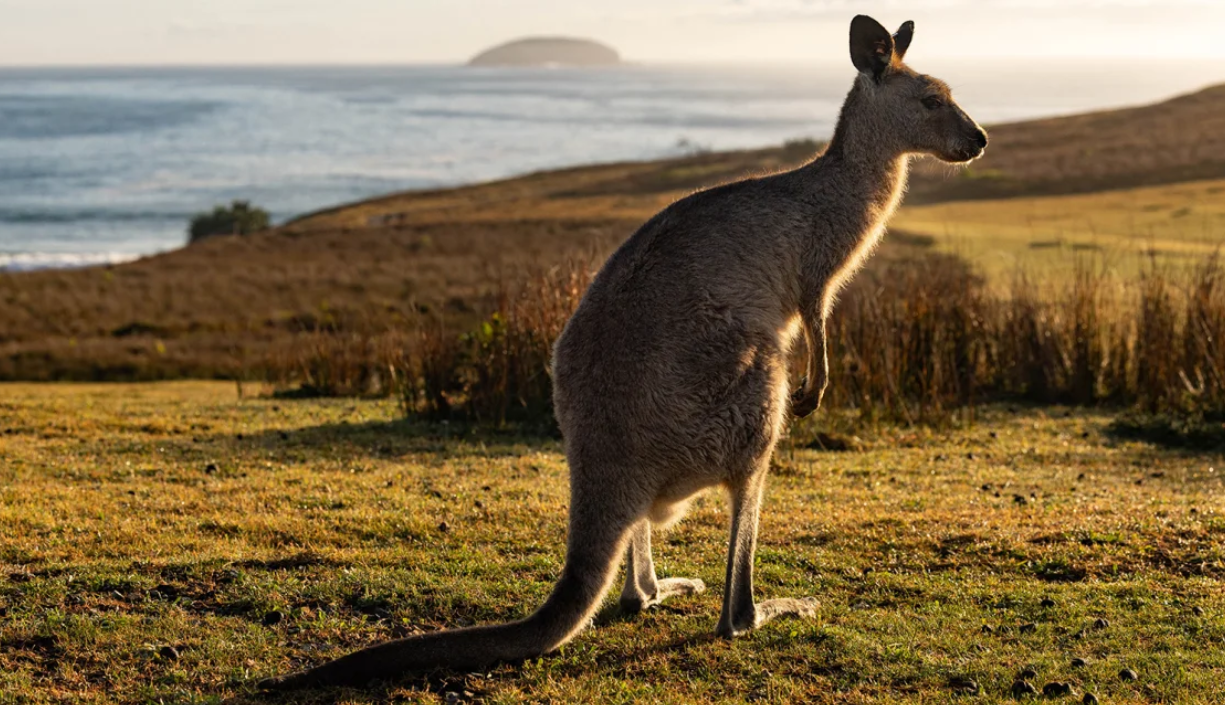Scientists in Australia have achieved a groundbreaking milestone by creating the world’s first kangaroo embryo using in vitro fertilization (IVF). This remarkable achievement could play a key role in efforts to save endangered species, particularly those native to Australia.
Australia faces a critical challenge in protecting its unique wildlife, as the country has one of the highest rates of extinction globally. Since European settlement, at least 33 mammal species have been lost, a situation described as one of the worst extinction records. Many of Australia’s marsupial species, such as koalas and Tasmanian devils, are currently at risk.
Although the eastern grey kangaroos involved in this IVF trial are not endangered, this breakthrough could be applied to the conservation of more vulnerable species. Researchers at the University of Queensland began by studying how kangaroo eggs and sperm develop in the lab. They then used a technique called intracytoplasmic sperm injection to inject a single sperm into a mature egg, leading to the creation of the embryo. This innovative process is seen as a promising step for the future of wildlife conservation in Australia.
Andres Gambini, the leader of the research team that created the kangaroo embryo, believes the IVF technique could be extended to help other species at risk of extinction. He emphasized that the ultimate goal is to assist in the conservation of endangered marsupial species, such as koalas, Tasmanian devils, northern hairy-nosed wombats, and Leadbeater’s possums. These mammals, known for carrying their young in pouches, are a distinctive part of Australia’s wildlife.
Gambini also pointed out the challenges of accessing marsupial tissues, as these animals are less studied than domestic species, despite their crucial role in Australia’s biodiversity.
In 2022, the Australian government launched a 10-year strategy to prevent further extinctions, focusing on conserving over 30% of the country’s land and protecting 110 priority species.
A 2023 report by the Australian Conservation Foundation highlighted that more than 2,200 species and ecosystems in Australia are currently at risk of extinction.













